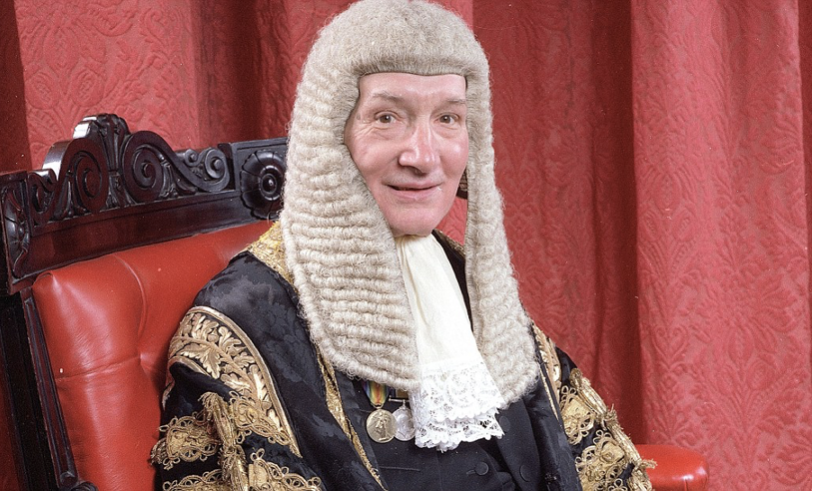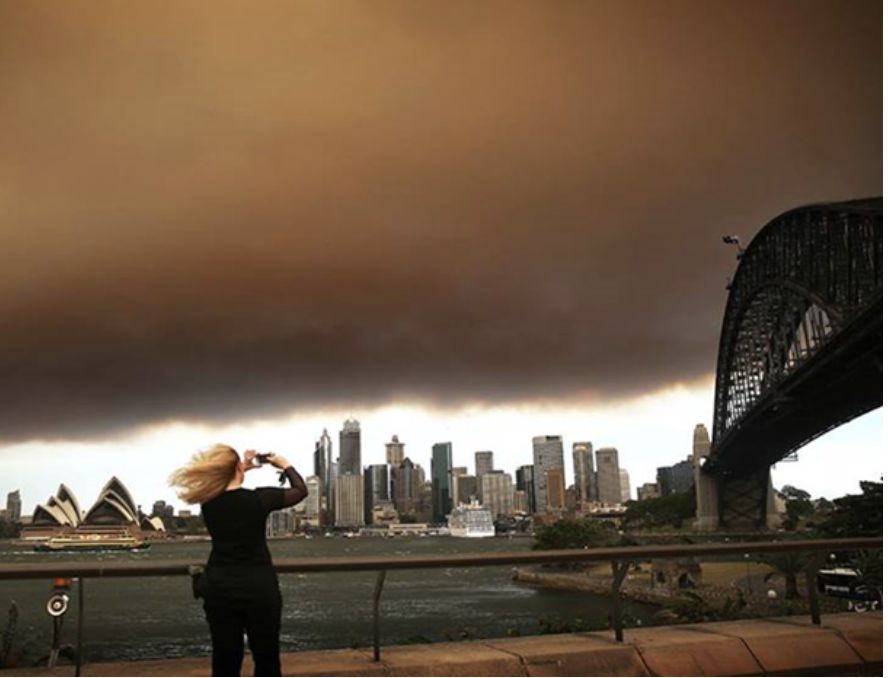In this very special series of exclusive articles for The Property Chronicle, Australian property legend Norman Harker reflects on his extraordinary 50-year life in real estate. He will pull no punches partly because, as he freely admits, Norman has a limited life expectancy of five years from December 2018 due to a diagnosed terminal blood cancer, which he has cheerfully accepted in preference to (in his words) “kicking the bucket without notice”. We are honoured he has chosen us to publish these brilliant, funny and incisive reflections of a lifetime in property.
I was no Gandalf. I did have a ring we won’t talk about, because in Australia ‘ring’ = slang for ‘nether orifice’.
Administrators and their acolytes increasingly became the bane of my life worse than Balrog. Even in retirement, on the advent of bad health, non-doctor or nurse qualified administrators became the new bane of my life that I have fun in challenging. I also saw the same happening in the property profession.
We had had battles with Professor Emeritus Graeme Swain. But he ran a tight and efficient ‘shop’ with three superbly efficient administrators: Noel Burnett, Meg McCormick and Brian Lindsay. As course (or coarse) co-ordinator, I covered ‘hatching, processing and despatching students’. It was an elected position – other ‘real’ academics just wanted to get on with education, research and publication. All except Muggins took one step back when volunteers were called for.
“Other ‘real’ academics just wanted to get on with education, research and publication”
I could influence the programme. Early, I noted that females were a small percentage of the intake. Easy!
I concentrated my coarse promotion on all-girls private schools. (Many school entrants had previously come from the all-boys private schools.)
The female ratio shot up. Most in the university put it down to my personal beauty and charm, or lust.

High university achievement is related more to motivation than entry qualification. Within my course co-ordinator’s discretion came those who were not direct from school, who wanted to get into property. It wasn’t parental pressure, it wasn’t ’sexy’ and it wasn’t the highest course they’d qualified for. At interview I accepted these student or gave advice as to what TAFE (non-university) course to do to secure admission next year.
As a classic unintended (at first) consequence, we got a tight-knit cohort of high performers that impacted upon the maturity of outlook of the entire group. One mature student stood up in a lecture once and addressed disruptive element using ‘rich’ words and phrases that I would never have dared use. It met with applause from all except the disruptive element. My response? ”Urm, to continue … Urm… if we accept that discounting…”
It was a matter of trusting the course co-ordinator. It was erected/elected annually by all the ‘real’ academics. Topical today, and throughout the history of democracy, Quis custodiet ipsos custodes – “Who shall keep watch over the guardians?” Juvenalis (55-60CE to c127CE). I knew him well – Lord Denning (Master of the Toilet Rolls) knew him better – listen to the Richard Dimbleby Lecture, BBC One 20 Nov 1980. Fellow academics would not re-erect/re-elect if their trust was abused.

I had my normal academic responsibilities of lectures, tutorials, external course notes, research and publication. There were seven days in a week and I lived near the university. I could always catch up on sleep with eight hours once a week then.
The bush-fire emergency of Jan 1994 occurred when the university was closed apart from a few International students, security and local staff using the university swimming pool. Friday afternoon I noted the tell-tale signs of smoke in the Blue Mountains and left my telephone number with security. “If you need any help…”

Later that Friday night I got a call. I left my eight-year-old son with his day care ‘Auntie’. Security said that we’d been asked by State Emergency Services (SES) if we could help. All the telephones were down. I was the most senior academic there, so I made a series of decisions:
- Security – liaise with SES on your radio phones.
- Tell SES we can handle 600 evacuees in basic bedrooms. More if necessary.
- Open up the halls of residence.
- Open up the dining hall.
- Open up the swimming pool.
- I’ll get the international students to see evacuees to rooms and showers, etc.
- Internationals can also look after the kids in the (securely fenced) swimming pool area.
- I’ll grab a local mate to gather a gang for help.
- Feeding the 5,000? I went to McDonald’s and Coles supermarket and begged or pledged university funds for five loaves and fishes. (Maccas and Coles managers were almost insulted when I offered to secure payment and delivery.)
Dean of Nursing, Professor Mavis Bickerton, managed to get there Saturday when everything was in controlled chaos. After a while she said, “What’s our authority for doing all this, Norman?”
My reply: “None. We’ll both be fired on Monday.” After a few days, the university campus became the base for firefighters from across Australia, New Zealand and the USA.
“What’s our authority for doing all this, Norman?”
My reply: “None. We’ll both be fired on Monday.”
I got a letter of commendation from the incoming Vice Chancellor. Asked to write a guide for future use, I responded that it worked because we did whatever was necessary with whatever resources we had. There was no 20-page guide (that couldn’t cover all eventualities) to wade through while we worked out what we were allowed to do.
The swimming pool was the key to the success as an emergency base for (first) displaced children and (then) exhausted firefighters. University administrators later filled in the swimming pool to save costs and allow appointment of more administrators. The Property Chronicle has wisely refrained from printing my comments on that decision.







